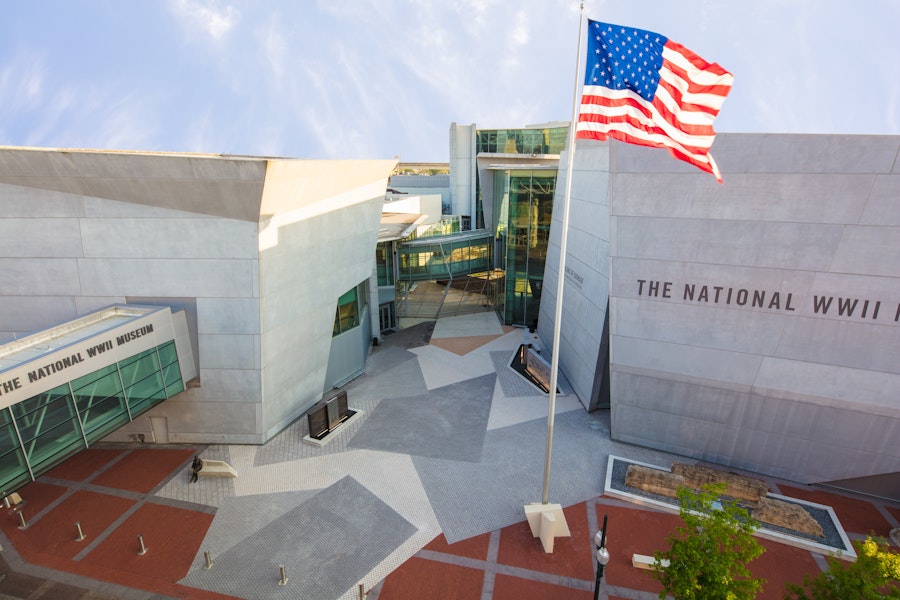Oak Alley Plantation Day Trip from New Orleans
About this activity
Smartphone tickets accepted
- Your booking is confirmed immediately
- This activity is available in your language
- This option includes FREE cancellation—book now, risk-free!
Experience Highlights
This tour to Oak Alley Plantation will give you the opportunity to learn about the history of New Orleans and Louisiana before the Civil War. The tour admits 25 people, lasts 5-6 hours and includes explanations by a local guide.
The itinerary focuses on the sugar cane plantations surrounding the city famous for Carnival. The protagonist of the route is Oak Alley, one of the most important centres for the aforementioned crop. Return transfers are by air-conditioned coach.
- Visit the most important sugar cane plantation in Louisiana: Oak Alley.
- Admire the ponds and unspoiled nature
- Learn about the history of the state from an expert guide.
What’s included
- Roundtrip bus transfer from New Orleans and back by bus
- Entrance and guided tour of Oak Alley Plantation
- Expert guide
- Lunch
Select participants and date
Step by Step
Since the 18th century, sugar cane has been one of Louisiana's economic engines. Here it grows luxuriantly thanks to the state's abundant rainfall and semi-tropical climate. This bus tour from New Orleans will allow you to learn more about this crop and its links to slavery. You'll be guided by an expert guide at all times.
The centrepiece of the tour is the Oak Alley plantation , named after the long avenue lined with 28 magnificent oak trees. It was built between 1837 and 1839 and was originally called Bon Sejour. It is characterised by the neo-Greek architectural style and if it sounds familiar, it's probably because you've seen the film "Interview with the Vampire".
The route also touches on Lake Pontchartrain, Louisiana's largest inland body of water. Actually a tidal lagoon, it is connected to the Gulf of Mexico and is characterised by brackish water and a shallow seabed. It is home to clams, manatees, bald eagles, pelicans, ospreys and dozens of other species.
Another place touched by the tour is the St. Joseph Sugar Cane Plantation. Built in 1830, it is still in operation and is still owned by the descendants of Joseph Waguespack, who acquired it in 1877.
The slaves were responsible for harvesting the sugar cane. To discover this unpleasant page of history, the itinerary passes through the Laura plantation. It includes a Creole-style main residence (Big House), the Maison de Reprise and four original barracks where the slaves lived. Although these two sites are visited, there is no guided tour inside.
To reach the attractions, the bus crosses one of the region's most iconic bridges: the I-10 Bonnet Carré Spillway Bridge. Opened in 1972, it is one of the longest bridges in the world. In reality, it consists of two parallel concrete bridges that skim the water. The scenery is very evocative.





















